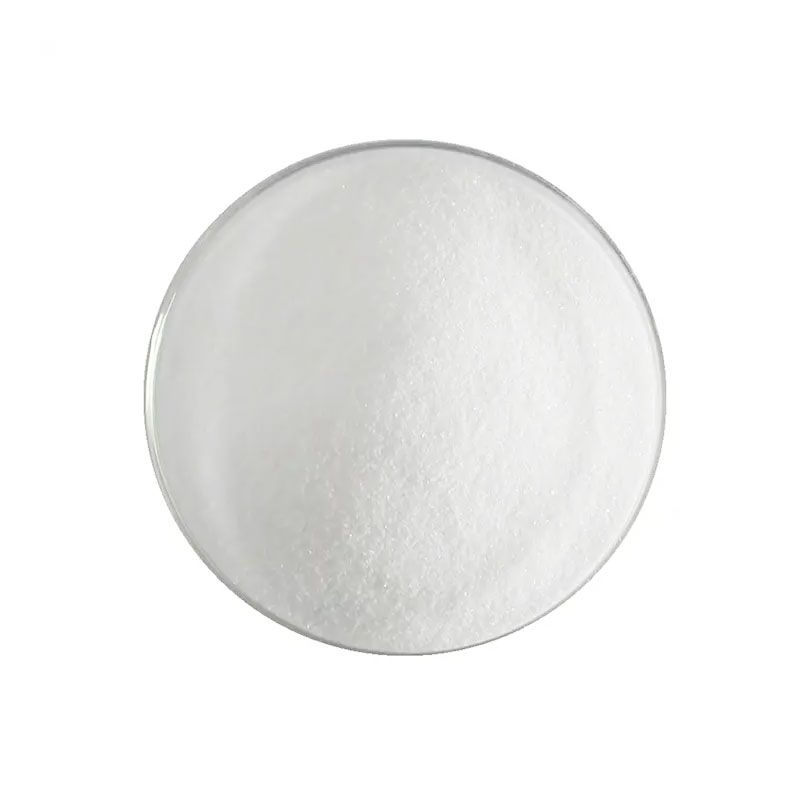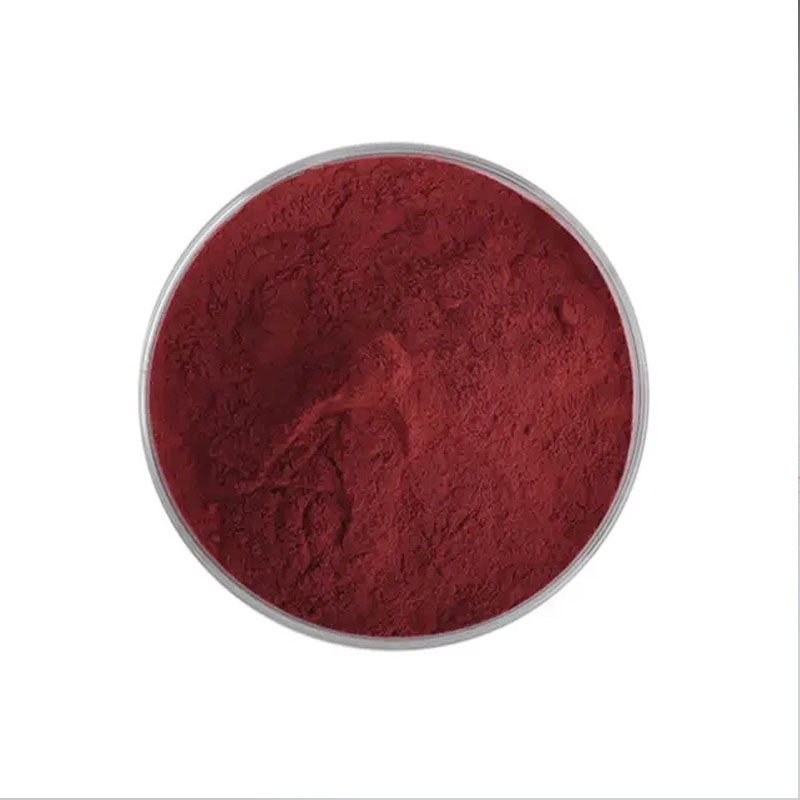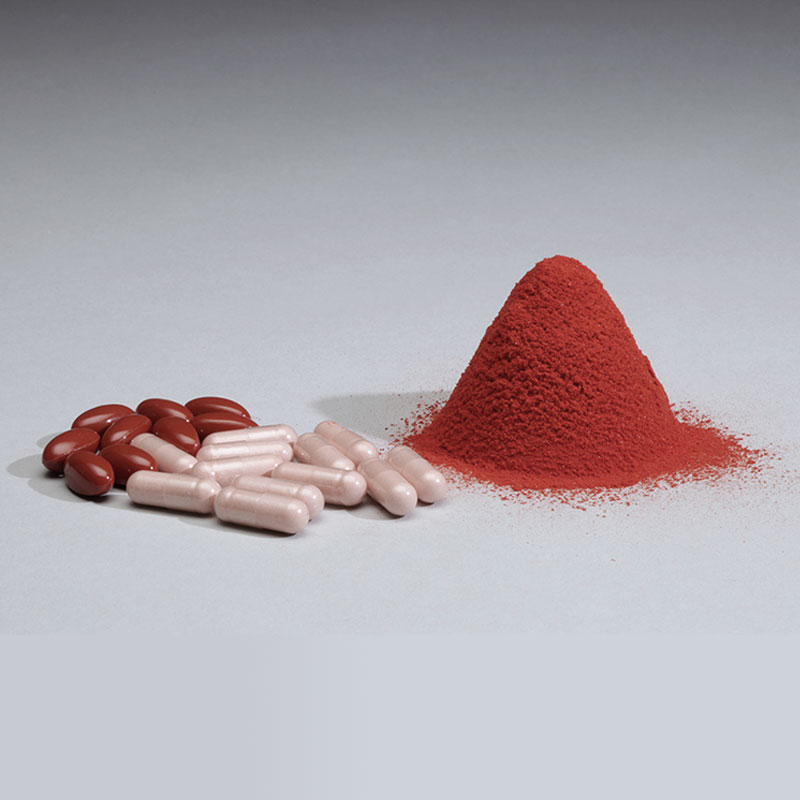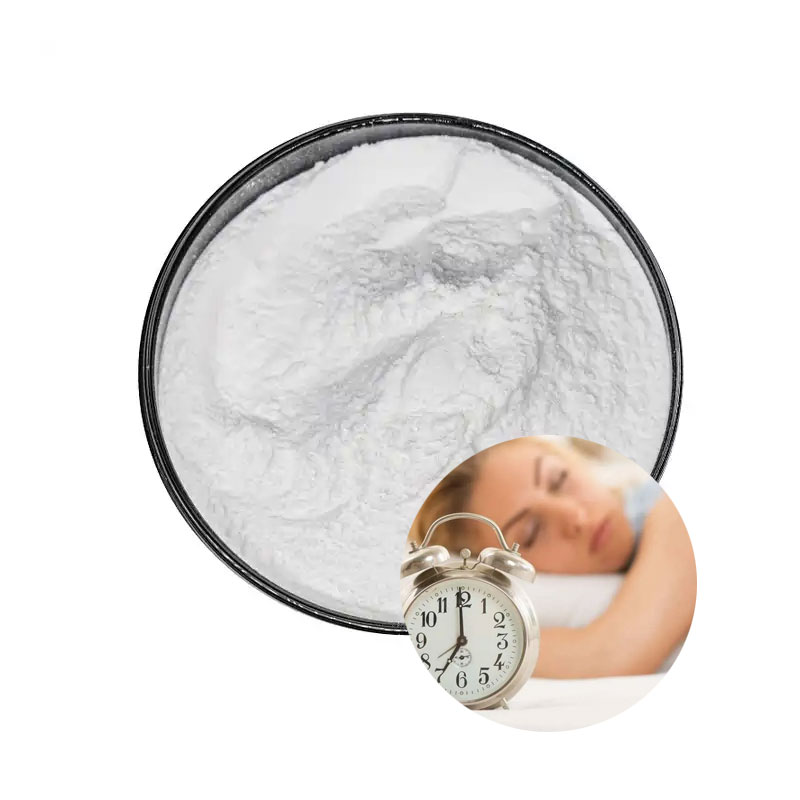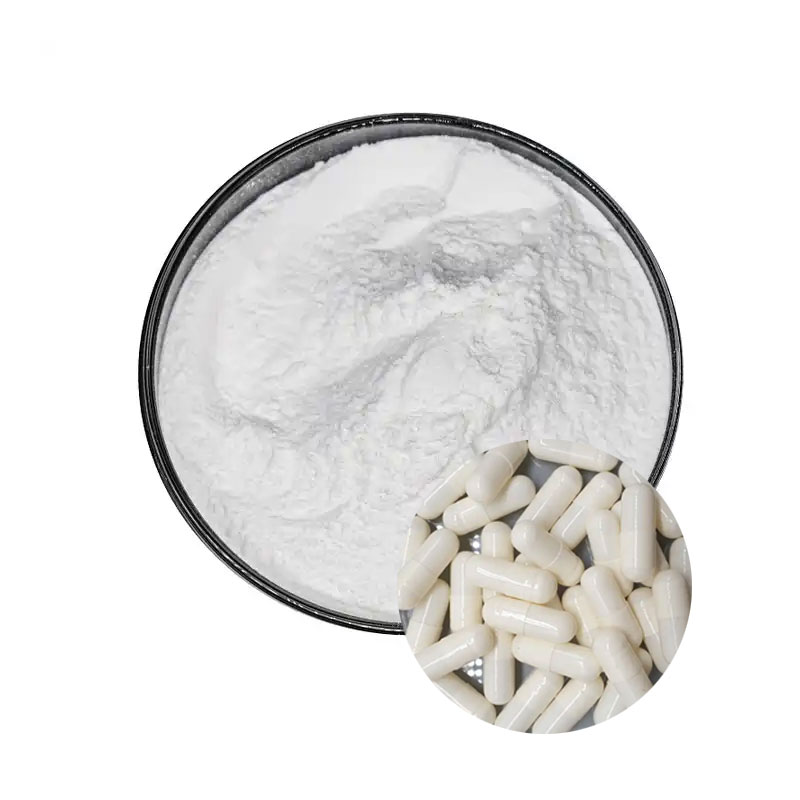Alpha Lipoic Acid Powder
- Product Name:alpha lipoic acid
- Specification:98%
- Appearance:light yellow fine powder
- Test Method:HPLC
- CAS No:1077-28-7
- Shelf Life:2 Years
- Sample:5-10g
-
What Is Alpha Lipoic Acid?
Alpha-lipoic acid (ALA) is a naturally-occurring fatty acid made by your body. Its primary role is to convert blood sugar (glucose) into energy using oxygen, a process referred to as aerobic metabolism. ALA is also an antioxidant, meaning it neutralizes harmful compounds called free radicals that damage cells at the genetic level. Your body makes its own ALA, but it is also available from certain foods and as a supplement.
ALA’s most valuable role in the body is fighting the effects of free radicals, which are dangerous, chemical-reaction byproducts that form during the process of oxidation. Within our cells, ALA is converted into dihydrolipoic acid, which has protective effects over normal cellular reactions, such as those involved in metabolic functions and neuron signaling. Like other antioxidants, alpha lipoic acid can help slow down cellular damage that is one of the root causes of diseases. It also works in the body to restore essential vitamin levels, such as vitamin E and vitamin C, and acts as a cofactor for several important mitochondrial enzymes. Additionally, it helps the body digest and utilize carbohydrate molecules.
Something that makes ALA unique is that it’s both water-soluble and fat-soluble, unlike other nutrients (like B vitamins or vitamin A, C, D or E). This means it can be properly absorbed despite what types of foods you’re eating, and it can be used in almost all parts of the body. Note: Alpha lipoic acid is not the same thing as alpha linolenic acid, a type of omega-3 fatty acid. Both are sometimes referred to as ALA, which can be confusing, but they’re two different nutrients with different roles in the body.
Alpha Lipoic Acid Specification
| Product Name | Alpha lipoic acid |
| Appearance | light yellow fine powder |
| Purity | 98% |
| CAS | 1077-28-7 |
| OEM | Private label and Customized package |
| Sample | 5-10g Sample For freee |
| Test Method | HPLC |
| Shelf life | 2 year |
Alpha Lipoic Acid (ALA) Benefits
- Has Anti-Inflammatory and Antioxidant Effects
Because it acts like an antidote to oxidative stress and inflammation, alpha lipoic acid seems to fight damage done to the blood vessels, brain, neurons and organs, like the heart or liver.
Being low in antioxidants in general can speed up in the aging process, resulting in symptoms like a weakened immune function, decreased muscle mass, cardiovascular problems and memory problems.
There’s some evidence that ALA is acts as a “heavy metal chelator,” binding to metals (also called “toxins”) in the body, including mercury, arsenic, iron and other forms of free radicals that make their way into the bloodstream through water, air, chemical products and the food supply.
Finally, alpha lipoic acid can increase how the body uses a very important antioxidant known as glutathione.
- Fights Diabetes and Diabetic Complications
Alpha lipoic acid can protect cells and neurons involved in hormone production, offering protection against type 2 diabetes.
Alpha lipoic acid supplementation seems to help improve insulin sensitivity and might also offer protection against metabolic syndrome — a term given to a cluster of conditions like high blood pressure, cholesterol and body weight. Some evidence also shows that it can help lower blood sugar levels.
A 2012 systematic review and meta-analysis, along with a 2013 controlled clinical trial, showed that ALA is an effective drug in the treatment of diabetic neuropathy, which affects about 50 percent of people with diabetes. Diabetic neuropathy (nerve damage) causes symptoms like tingling, numbness and burning in the limbs. About 300–600 milligrams per day in IV form has been shown to be beneficial.
ALA is used to help relieve other complications and symptoms of type 2 diabetes too, such as cardiovascular problems, eye-related disorders, pain and swelling. That’s why it should be part of any diabetic diet plan to treat this common disorder.Most studies show that high doses of ALA in IV form are more effective than eating ALA-rich foods.
According to a randomized, double-blind, placebo-controlled clinical trial, ALA also offers help in managing idiopathic pain (pain of unknown origin)in people without diabetes.
A major benefit of alpha lipoic supplementation in diabetics is the lowered risk for neuropathic complications that affect the heart, since around 25 percent of people with diabetes develop cardiovascular autonomic neuropathy (CAN). CAN is characterized by reduced heart rate variability and is associated with an increased risk of mortality in people with diabetes.
- Preserves Eye Health
Oxidative stress can damage nerves in the eyes and cause vision problems, especially in people with diabetes or older adults. Alpha lipoic acid is used to help control symptoms of eye-related disorders, including vision loss, macular degeneration, retina damage, cataracts, glaucoma and Wilson’s disease.
Results from certain studies demonstrate that long-term use of ALA can halt oxidative damage that can result in modified DNA in the retina. As people age, their vision becomes much more compromised, which is why it’s important to eat a nutrient-dense diet well before old age to prevent degeneration of eye tissue or vision loss early on.
- Helps Prevent Memory Loss and Cognitive Decline
We know that an anti-inflammatory diet filled with various colorful “brain foods” helps protect memory. Some health care professionals use alpha lipoic acid supplements to further help prevent their patients from experiencing neuron damage, memory loss, motor impairment and changes in cognitive functioning due to its antioxidant activity.
ALA seems to easily make its way into the brain by passing the blood-brain barrier, where it can protect delicate brain and nerve tissue. It’s also used to prevent strokes and other brain problems, including dementia in older adults.
Recent experiments using rats have shown that ALA can help reverse damage in aging cells of the brain, improve performance in memory tasks, lower oxidative damage and improve mitochondrial function, although we still don’t know how well these benefits can apply to aging humans.
- Helps Boost Glutathione
Glutathione is considered the “master antioxidant” by many experts, since it’s crucial for immunity, cellular health and disease prevention.
One randomized, controlled trial found that 300–1,200 milligrams of alpha lipoic acid helps increase the ability of glutathione to regulate the body’s immune response. This may help fight off diseases, such as type 2 diabetes/insulin resistance and even HIV/AIDS.
Another meta-analysis found that supplementation made a significant difference in increasing glutathione levels, although this didn’t necessarily transfer to protection against diseases development.
In adults, alpha lipoic acid supplementation also seems to positively impact patients with immune deficiency syndromes and serious viruses. It does this by restoring blood total glutathione levels and improving functional reactivity of lymphocytes to T-cell mitogens. (These are cells in the immune system that fight pathogens.)
- Might Help Protect Skin from Damage
When it comes to battling physical signs of aging on the skin, certain studies have found that topical treatment creams containing 5 percent alpha lipoic acid can help reduce fine lines caused by exposure to sun ways. ALA is thought to act as an anti-aging substance because it helps restore skin tissues and epidermal structure while battling free radicals.
A 2017 placebo-controlled clinical trial concluded that “5% Cubosomal ALA is an effective and safe modality for improving aging face.” When adult women applied an ALA treatment to one side of their faces for six months, the majority experienced significant improvements, including increased epidermal thickness, which contributes to skin’s texture and tone.
Risks and Side Effects
What are the side effects of taking alpha lipoic acid? Side effects of ALA in supplement form are generally rare, but for some people they can include:
insomnia
fatigue
diarrhea
skin rash
low blood sugar levels (especially in people with diabetes or low blood sugar who take medications)
Alpha lipoic acid supplements haven’t been studied in children or women who are pregnant or breastfeeding, so right now they’re intended for use in adults only.
What are the benefits of alpha-lipoic acid powder?
Alpha-lipoic acid is a medication used to manage and treat chronic diseases associated with oxidative stress, such as diabetic neuropathy, and slow down the onset of metabolic syndrome by acting as an antioxidant.
How do you use alpha-lipoic acid powder?
As a dietary supplement, take 600 mg (about 1/4 tsp) once or twice daily, or as directed by a physician.
Can you take alpha-lipoic acid in powder form?
Individuals should take ALA supplements on an empty stomach, as certain foods can interfere with ALA’s absorption. Many individuals prefer ALA supplement capsules as the powder form has a sharp taste.
Who Cannot take alpha-lipoic acid?
Alpha-lipoic acid can lower blood sugar levels, so people with diabetes or low blood sugar should take alpha-lipoic acid only under the supervision of their health care provider. Animal studies suggest that people who don’t get enough thiamine (vitamin B1) should not take alpha-lipoic acid.
Alpha-lipoic acid Powder Supplier And Manufacturer
Honghao Herb supplys standardized herbal extract with more than 10 years, guaranteeing you a high quality product with competitive price, best service! Honghao’s standardized herbal extract can supply in capsules, tablets form, it used for dietary supplement. The active ingredient is mainly used for functional beverages and health care products. They also can be used in cosmetic products for whitening and moisturizing.
As a trusted supplier of Food and Nutrition Ingredients, we customize products to meet customer requirements. We guarantee our customers the highest level of quality, consistent materials and the most competitive prices.
How To Buy Alpha-lipoic acid Powder?
Just send email to info@herb-extract-supplier.com, or submit your requirement in bottom form, we are of service at any time!
Frequently Asked Questions
Does Honghaoherb offer free samples?
Yes, we offer free samples for 20-50g.
What is the minimum order quantity (MOQ)?
In general, the MOQ is 500 kg. Please contact our sales team for details.
Is there any discount?
With a standardized pricing scheme, we encourage you to contact us to learn more.
How long does the shipment take?
We have warehouses in Asia, North America, and Europe, thus our lead time is 30% shorter than other suppliers.
Are the products certified?
Yes, certified products we supply include USDA, NOP, Kosher, and Halal. Please contact us to learn more about the certifications.
Can I visit your factory?
We welcome our customers to visit our plant and the wild collections.
- Previous Article: Magnesium Oxide Powder
- Next Article: Soybean Extract Powder

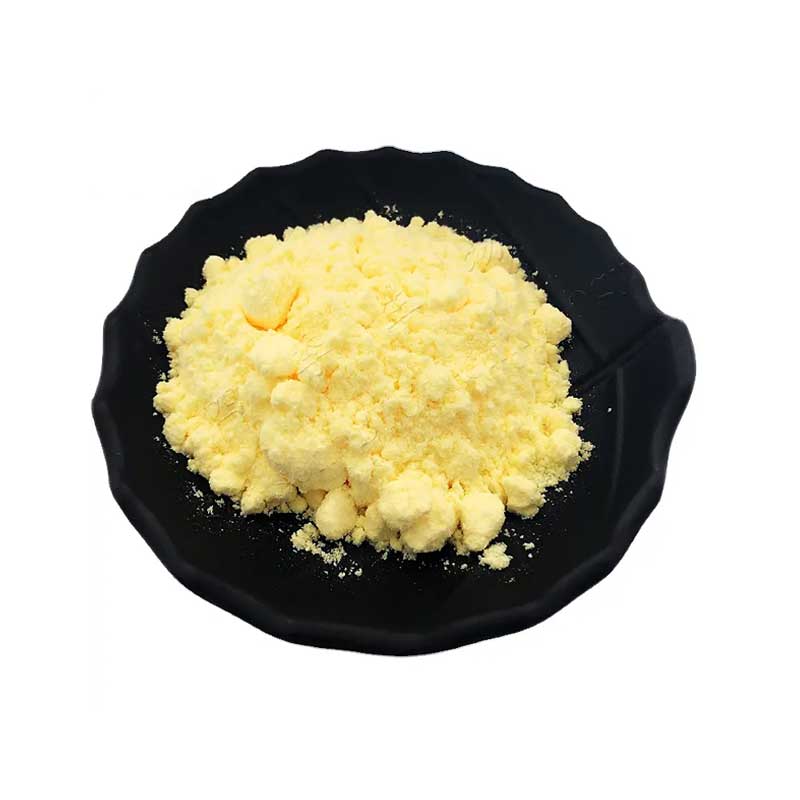
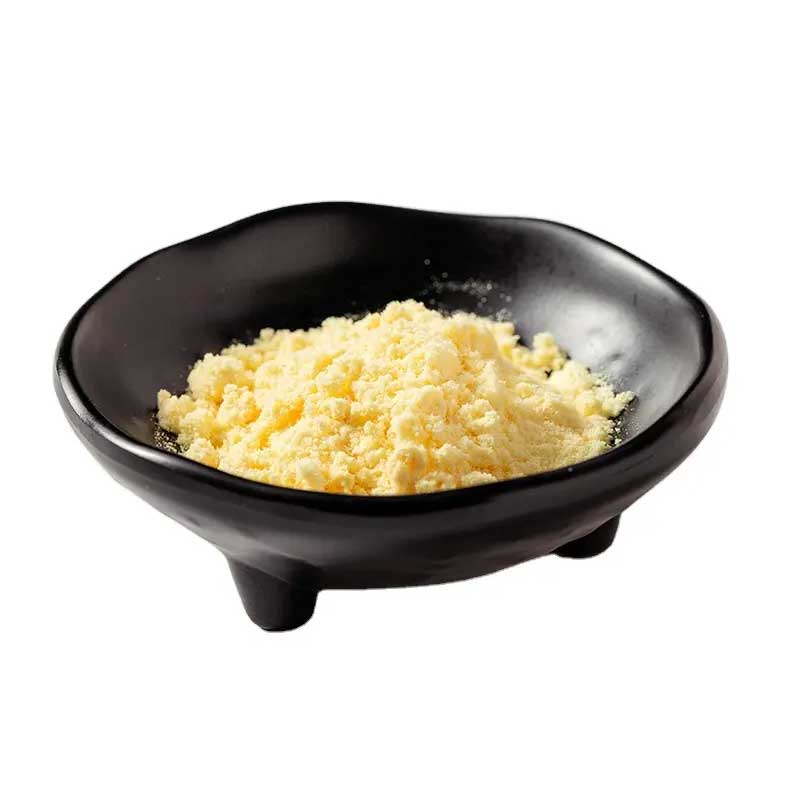


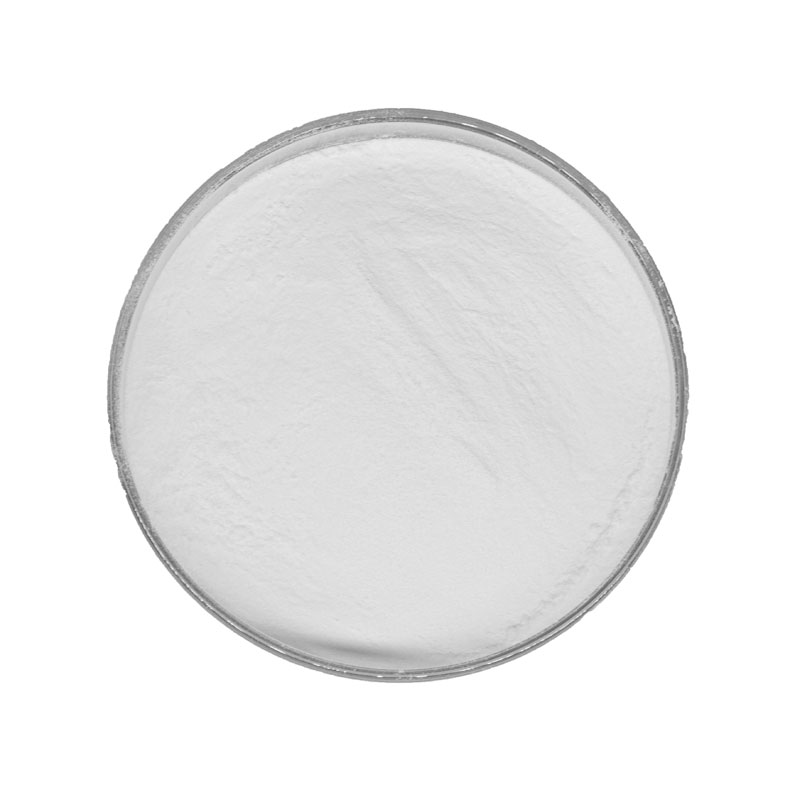
.jpg)
